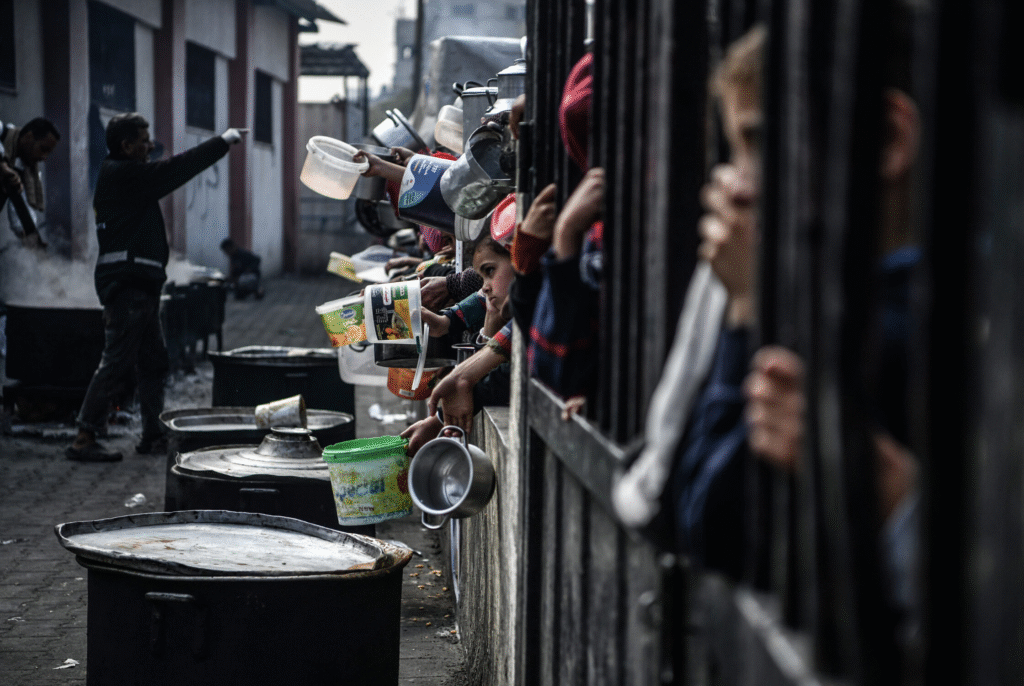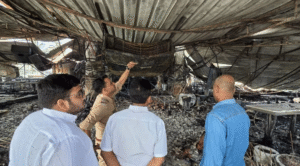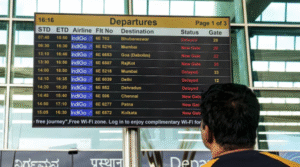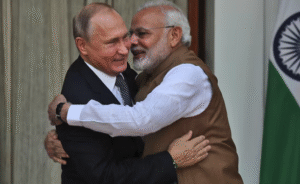More than 100 humanitarian organizations, including Oxfam and Médecins Sans Frontières (MSF), have jointly called on Israel to halt what they describe as the “weaponisation of aid” into Gaza, warning that starvation is worsening amid increasing restrictions.
According to a joint letter, aid groups are being frequently denied permission to deliver life-saving supplies unless they adhere to stringent new Israeli regulations introduced in March. The letter alleges that organizations risk being banned if they “delegitimise” Israel or fail to provide detailed information about their Palestinian staff.
Israel has denied imposing restrictions on aid, stating that the updated rules are designed to ensure assistance reaches civilians directly and not Hamas. However, humanitarian groups say that since March 2, most major international NGOs have been unable to deliver a single truck of vital supplies.
The letter states that Israeli authorities rejected dozens of aid requests in July alone—more than 60—citing the new security protocols. This obstruction has left hospitals without basic medical supplies and has caused vulnerable populations, including children, the elderly, and people with disabilities, to suffer from hunger and preventable illnesses.
Sean Carroll, CEO of American Near East Refugee Aid (Anera), highlighted the severity of the situation: “Anera has over $7 million worth of life-saving supplies ready to enter Gaza—including 744 tons of rice, enough for six million meals—blocked just kilometers away in Ashdod.”
Israel maintains that any aid delays occur only when organizations fail to meet security requirements designed to prevent Hamas from exploiting aid deliveries. The Coordinator of Government Activities in the Territories (COGAT), responsible for managing aid access, reports that nearly 20 registered organizations are currently delivering aid, with approximately 300 trucks entering Gaza daily. However, the UN estimates that at least 600 trucks are needed each day to meet humanitarian needs.
The new registration guidelines, implemented in March, update how aid groups must operate to maintain their status in Israel. These rules allow Israeli authorities to reject registrations or revoke approvals if groups are deemed to undermine Israel’s democratic character or promote delegitimization campaigns.
Israeli Diaspora Minister Amichai Chikli told AFP that “many aid organizations serve as a cover for hostile and sometimes violent activity,” but clarified that those without ties to such activities or boycott movements would be allowed to operate.
Bushra Khalidi, Oxfam’s Policy Lead, criticized the restrictions, noting that Israel had refused more than $2.5 million worth of goods from entering Gaza. Khalidi added that the registration process pressures international NGOs to compromise their independence and silence their voices.

As Israel intensifies its bombardment of Gaza City in preparation for a planned ground offensive, concerns grow over the worsening humanitarian crisis in the area.
Israel has pledged to provide humanitarian aid to civilians “outside the combat zones,” but has yet to clarify whether this aid will be delivered through the Gaza Humanitarian Foundation (GHF), a system supported by Israel and the US. Israeli authorities argue the system is essential to prevent Hamas from diverting aid, a claim Hamas strongly denies.
The United Nations recently reported that 859 Palestinians have been killed near GHF sites since May, a figure disputed by the foundation itself.
In a joint statement, Aitor Zabalgogeazkoa, MSF’s emergency coordinator in Gaza, condemned the militarized food distribution system, saying it has effectively “weaponised starvation.”
MSF Secretary-General Chris Lockyear described the GHF as a “death trap” and warned that Gaza’s humanitarian situation is “hanging by a thread” in an interview with the BBC.
The conflict traces back to Hamas’s 2023 attack, which resulted in around 1,200 deaths in Israel and the abduction of 251 hostages taken into Gaza.
Since then, Israel’s military offensive has reportedly killed nearly 62,000 Palestinians, according to the Hamas-run health ministry, which also states that 235 people, including 106 children, have died due to starvation and malnutrition.










